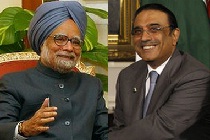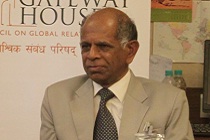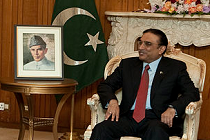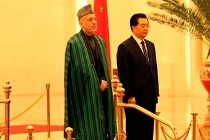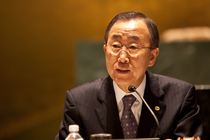Advantage: Pakistan
Manmohan Singh is likely to visit Pakistan later this year. As the first visit of an Indian Prime Minister to the country in 8 years, it will be a significant event. The timing and the agenda of the PM’s visit, however, raise a few questions.

